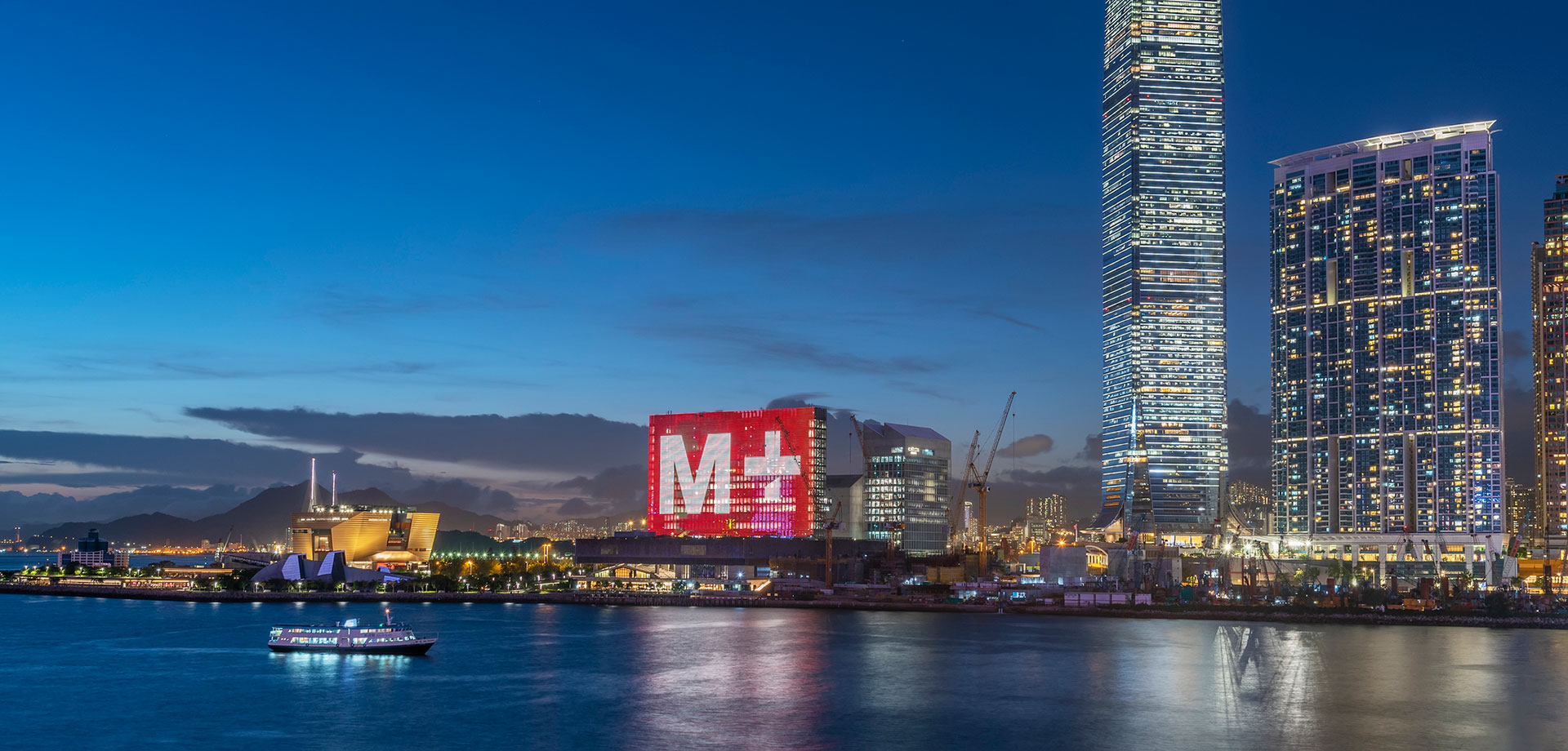Companies rushed to digitise during the coronavirus pandemic in response to a surge in online shopping and ecommerce. Hong Kong’s logistics sector has embraced cutting-edge technology as it seeks to hold its premier position in ever-changing conditions.
One of the few positive outcomes of the long-running coronavirus pandemic has been the accelerated digitalisation of business. Investments in communications, contact-free transactions, artificial intelligence and robotics are here to stay, and Hong Kong — as a global logistics hub — is ahead of the curve in their deployment.
“Despite much that has been said about the disruption caused by Covid-19 and its effect on the global economy, I have observed that forward-looking companies invested ambitiously and early in their online business,” says Lit Fung, vice-president and managing director at Geek+, a company that supplies technology to warehouses, factories and supply chain management firms.
Fung notes that the pandemic fuelled a surge in online shopping and ecommerce. While some experts, including at the IMF, doubt how persistent the growth of global ecommerce will be in the future, Fung points out that Hong Kong is experiencing rapid growth.
The Census and Statistics Department’s latest figures show that online retail sales in the city grew 27.5 per cent in the first nine months of 2022 when compared to the same period last year. Fifty per cent of Hong Kong consumers feel more comfortable shopping online since the start of the pandemic, according to research by KPMG China, GS1 Hong Kong and HSBC.
“It is projected that Hong Kong ecommerce market volume will reach $37.96bn by 2025,” says Fung, adding that the city’s logistics sector “will remain competitive and even become more prosperous”.
The sheer size and importance of Hong Kong globally is a huge advantage. Hong Kong’s container port was ranked the ninth busiest in the world in 2021, according to Marine Department data. Hong Kong is also one of the largest transhipment ports, where cargo is moved from one vessel to another while in transit to its final destination. Hong Kong International Airport was ranked the world’s busiest cargo airport in 2021 by Airports Council International. Total freight throughput in 2021 amounted to 5mn tonnes.

The trading and logistics industry has long been one of Hong Kong’s four economic pillars. In 2020, it accounted for 19.8 per cent of the city’s gross domestic product and provided jobs for about 622,600 people. Of those, 177,400 worked in logistics.
The trade and logistics sectors grow together, says Fox Chu, a partner in McKinsey & Company’s Hong Kong office. “Trade requires free flow of goods, and the role of logistics infrastructure and efficiency is critical to enable trade,” he says. “And beyond transport infrastructure, Hong Kong is a key trading hub that offers shippers the flexibility to re-route goods based on business opportunities.”
It is not just size that counts, of course. “Hong Kong is a free port with excellent levels of efficiency, both of port productivity and customs clearance,” says Chu. “It enjoys a privileged position as a gateway for mainland China and a transhipment hub for Asia.”
In 2021, the value of goods re-exported through Hong Kong to and from the mainland was $562.5bn, accounting for 89.5 per cent of Hong Kong’s total re-export trade value, according to the Trade and Industry Department’s data.
TESTING INNOVATIVE CONCEPTS
Those figures provide just some of the reasons why advanced logistics companies such as Geek+ have expanded their Hong Kong presence. The company has launched a research and development centre where it can test innovative concepts such as autonomous mobile robots.
“We have launched our robot-as-a-service model for third-party logistics service providers in Hong Kong,” says Fung. “Considering the financial situation and the demand for social distancing in warehouses, many companies are looking for cost-effective, rapid deployment of unmanned solutions.”
Fung says Hong Kong’s sophisticated trade and logistics sector makes the city an ideal test bed for high-tech industry trends, such as robots that can plan, stock, reorganise and replenish shelves, optimising the overall operational process and reducing warehouse management costs. The robots boost efficiency by up to 300 per cent while delivering a return on investment within three years, he says.
“If we can prove that our autonomous mobile robots work in Hong Kong warehouses, it means that they can be applied everywhere,” Fung adds. “Now we have more than 500 projects worldwide and many of them are replicated projects from Hong Kong.”
The city’s multicultural society also means Geek+ can easily find English- and Chinese-speaking logistics and information technology talent. “There are no language barriers and [Hong Kong] is a good location for our headquarters,” Fung says.
Chu at McKinsey, which works with logistics companies across a range of fields, including developing growth plans, applying digital analytics and devising operational cost efficiencies, says the sector has been among those modernising the quickest. “Global companies are creating digital supply chains to improve transparency, efficiency and resilience of their global networks,” he says.
Hong Kong will continue to benefit from playing its role as gateway for mainland China and Asia as a whole. “For now, and in the future, the rise of Asia will create excellent opportunities for Hong Kong to serve,” says Chu. “By 2030, close to half of world trade will be centred on Asia and half of that will be intra-Asian trade.”
Hong Kong’s uniqueness is its role as a “super-connector for international business”, says Fung, adding that its strategic location in Asia attracts ancillary businesses such as freight forwarders who are preparing for a post-Covid world. “Despite the fact that pandemic prevention measures are impacting the supply chain and logistics industries, the situation will turn the corner soon,” he says.

Fung is optimistic about the future development of the logistics industry and hopes the Hong Kong government will consider a comprehensive blueprint for the long-term development of the industry. “Better planning and arrangement will motivate companies to have more long-term investments, which are beneficial for sustainable development and industry transformation,” he says.











